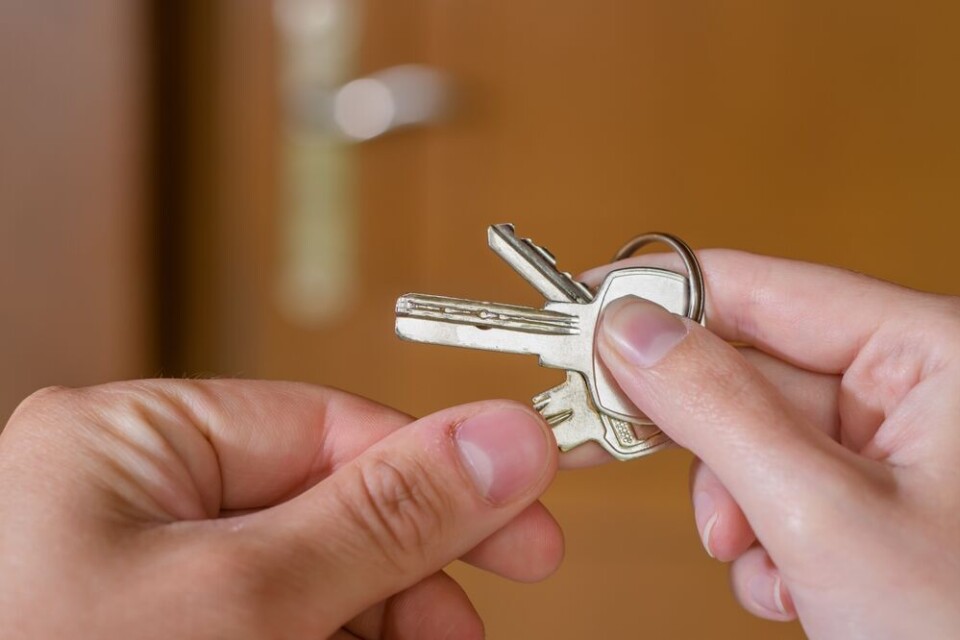-
France to reform DPE 2026: better ratings for electric-heated properties
New co-efficient will be used to calculate a property’s category
-
French holiday rental property energy rating requirements to change
Other changes including some related to tax also come into force
-
Landlords: Take note of this French tenancy rule
If you rent out a home, watch out for locataire protégé rules
Is DPE energy certificate needed for property used for Airbnb rentals?
Proposed rules may impact properties whatever the platform used to rent them

Reader Question: A property we want to rent can no longer be put on the market because of the new rules concerning DPE energy ratings. Can we rent it on Airbnb instead and do we need to show clients the DPE certificate?
The DPE (diagnostic de performance énergétique) assesses the energy efficiency of a home on a scale of A to G (A being the best).
Read more: Explainer: DPE survey and new energy audit for properties in France
Changes that came into force in January 2023 mean that the least energy efficient properties (those rated ‘G+’) can no longer be rented until their score improves.
The restrictions will gradually increase over the next 10 years until only homes of a ‘D’ ranking or above can be rented. The next increase will require a minimum ‘F’ rating from next year.
However, these restrictions apply only to leases where the tenant is using the property as their home, and on a rental period of at least one year.
The rules are different for short-term or seasonal tourist lets.
DPE rules depend on the rental term of a property
In a 2022 Q and A session on the planned law, the Ministry for Ecological Transition stated that the rules banning renting would not apply to short-term and seasonal lets.
This is because the original aim of the regulations was to prevent tenants from struggling in energy-inefficient housing. Those only staying in a property for a few days (most short-term lets on Airbnb are for less than a week) are not considered at risk of ‘fuel poverty’ from staying there.
However those staying in short-term holiday lets are also meant to be provided with certain details about the property, including the DPE energy check although this is not obligatory for properties being let for less than four months in total during the year.
Read more: Confusion over French holiday lets after tax rules tightened in error
Rules could soon change
The government is considering tightening these regulations as many landlords are switching to short-term rentals which are not affected by the energy rules.
Proposals (expected to be debated in parliament in early 2024) include making all rental properties in ‘tourist areas’ subject to the rules, regardless of how long the rental period is.
Related articles
South of France tourist town to strictly limit short-term lets
How Paris plans to crackdown on second homes and empty properties
























